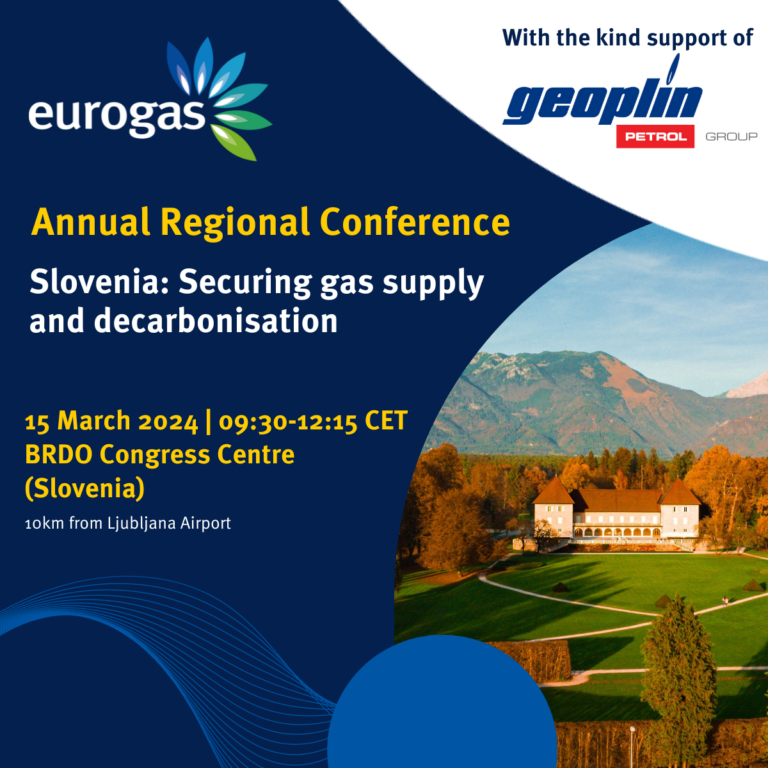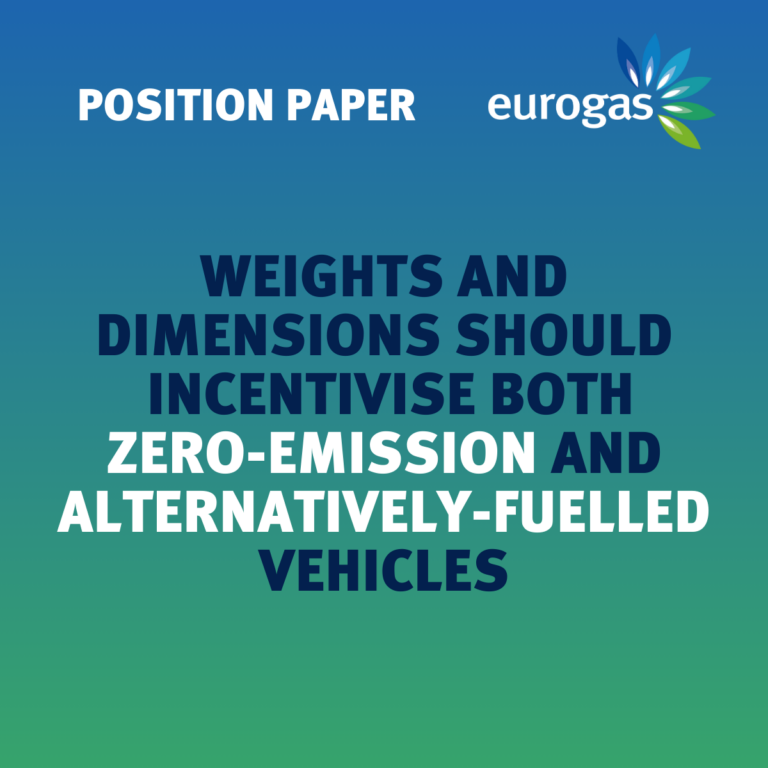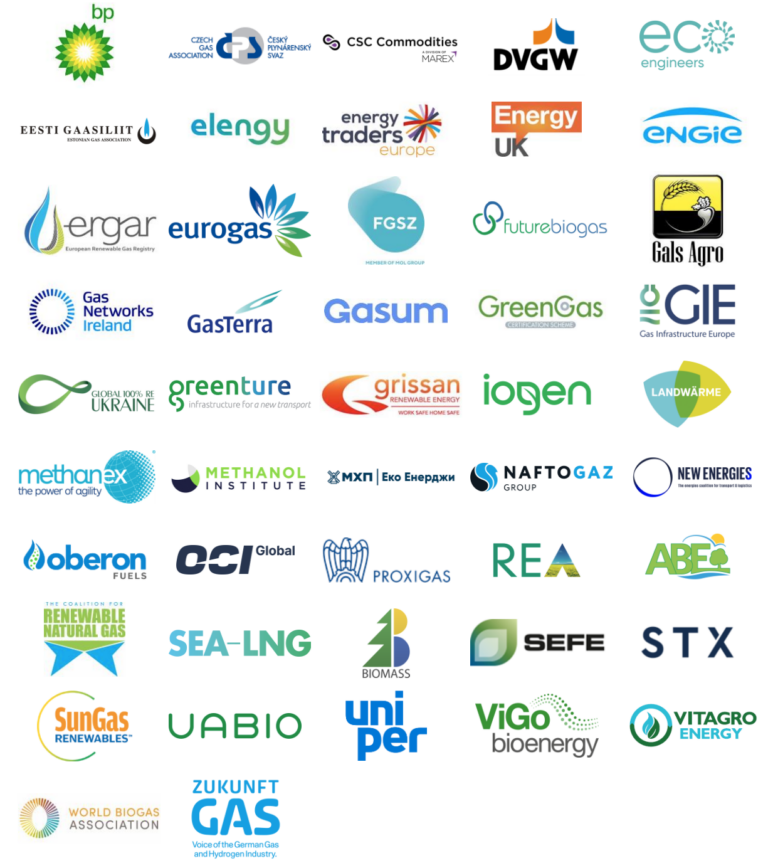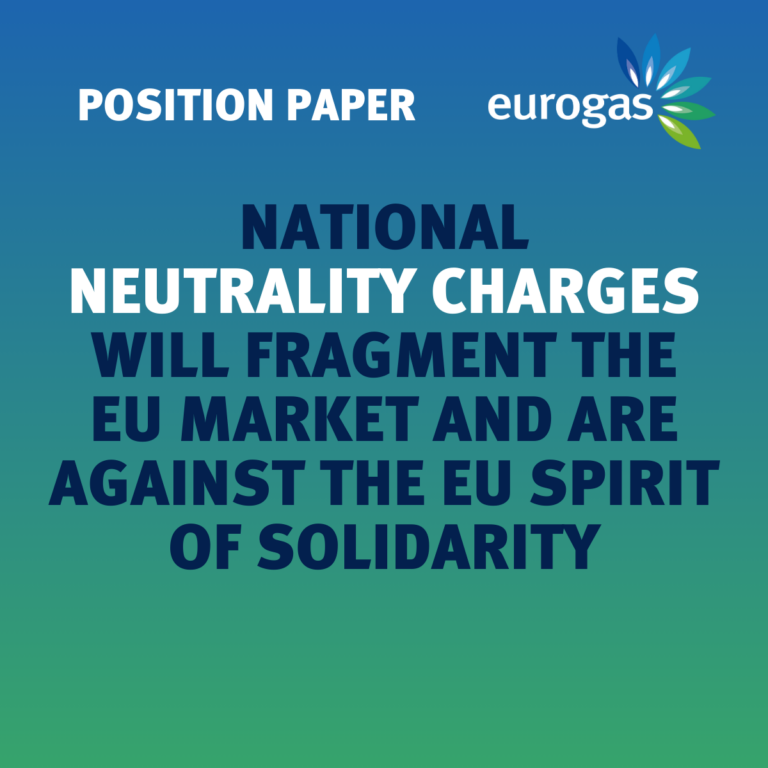Dear Readers,
Welcome back to Molecules newsletter, the first after the summer break. There has been a lot going on, not least work around policy measures. While we refer to those in the context of the emergency, we must also keep an eye on the long-term needs. That’s on my mind not just because of the mechanisms being discussed, but also because I joined the plenary session of the Sectoral Social Dialogue for Gas this week.
When Eurogas, EPSU and IndustriAll Europe set out on our ongoing joint study, we wanted to understand where the gas sector jobs would need to change. The reasoning for this was clear, meeting 2030 and 2050 emissions reductions targets while ensuring the transition is a just one. The policy landscape has changed many times over since we started working together. We are in challenging and uncertain times now, and we need to keep an eye on the long-term objectives while processing the Commission’s proposals. Concretely, that means working towards rapid scale up of decentralised renewable energy production while securing new volumes of natural gas.
What’s in our favour is the ambition that has come out of the REPowerEU initiatives: targets for 35 billion cubic meters of biomethane and 20 million tonnes of green hydrogen by 2030. Eurogas has been calling for targets like these since September 2020. The rationale as we explained it at that time was that it would incentivise uptake of renewable gases and give investors certainty on the direction of travel.
Jump forward two years and Eurogas is consumed by discussions about a totally different energy landscape. Every mechanism and combination of measures proposed comes with a pros and cons list. Our members represent different parts of the value chain and have different concerns but managed to get to shared positions. With a view to inputting constructively, Eurogas landed on broadly supporting the Commission’s proposals for both the inframarginal cap and the solidarity contribution from energy company profits.
Similarly, with the social partners, the task we have now is finalising our joint study and roadmap in an environment that is in flux. We need to select the best actions to move forward with. The plenary session of the Sectoral Social Dialogue gave us an opportunity to discuss this. There is a multitude of possible routes and combinations of mechanisms, but we can centre ourselves around actions that present the most positive externalities. We need to get a plan in place to skill up workers to design, manufacture and manage technologies needed for decarbonised domestic energy systems. A plan is one thing but, as we’ve seen with targets, a framework is another. That’s why we have been exploring the possibility of a collective agreement with the trade unions to cover the right to reskilling and upskilling.
In the coming months, we’ll continue working closely with our members to digest the next proposals from the institutions and share useful information broadly and transparently. We’re hosting many events now with numerous stakeholders from all sectors, as we remain committed to engagement with all. So remember to register, join us or simply watch them on the website afterwards. Thanks for reading.
Best wishes,
Bronagh O’Hagan,
External Relations Director








